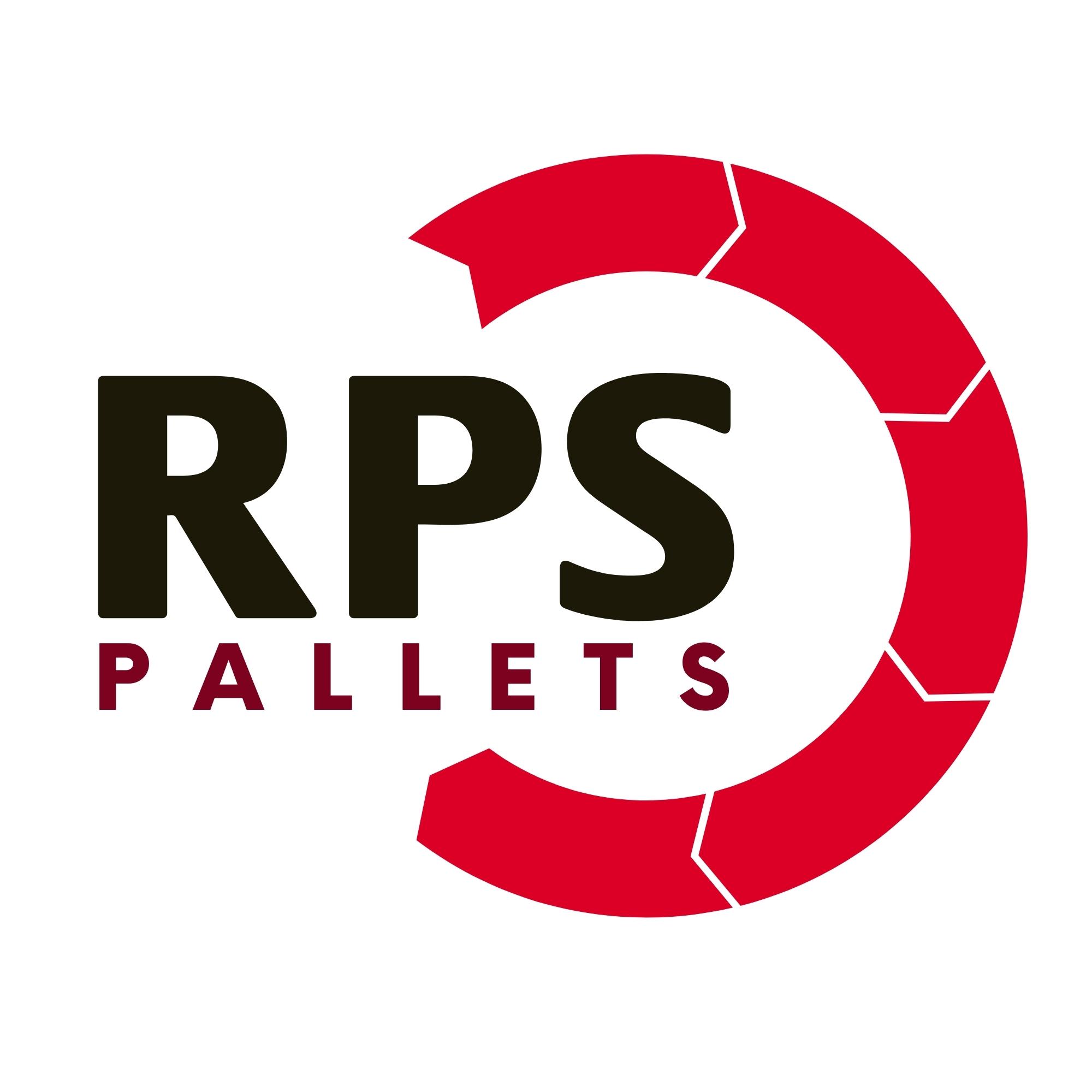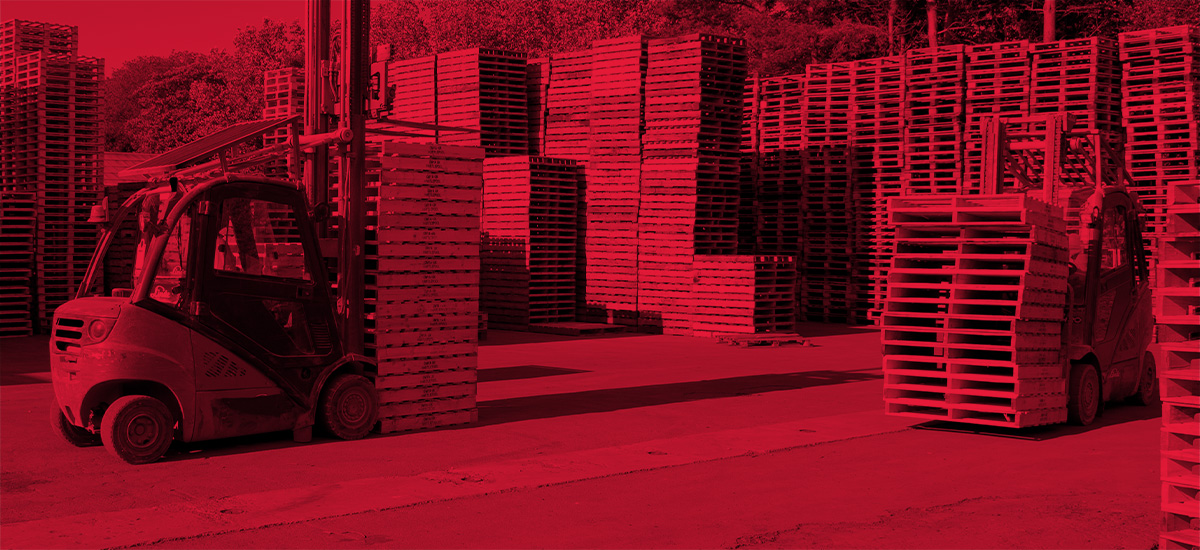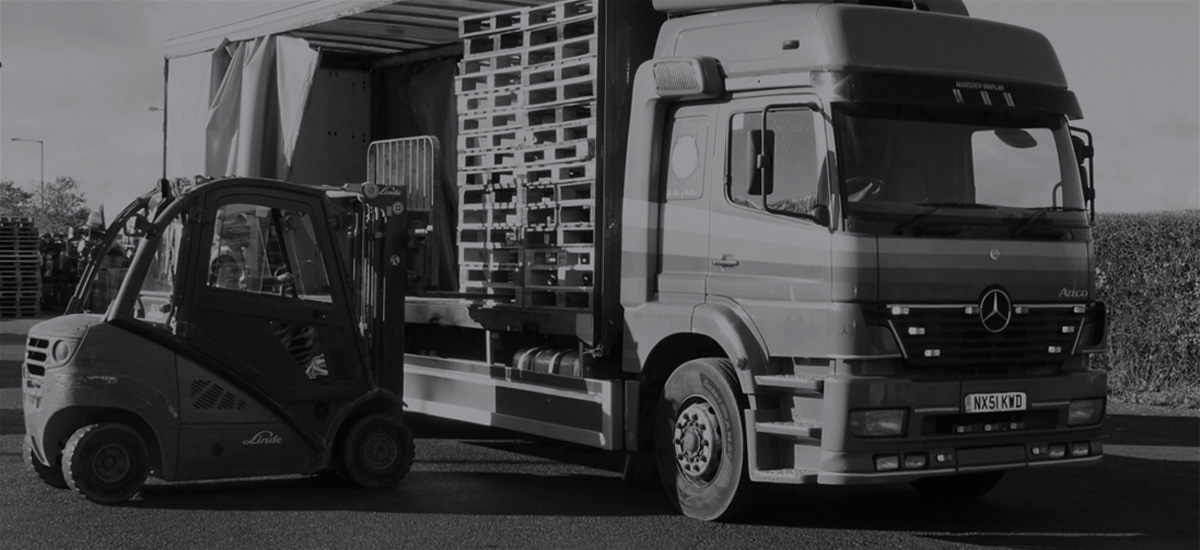The Environment Agency helps to regulate how waste is handled in the UK. It reduces the amount of illegal operations and ensures that our environment isn’t being destroyed through the irresponsible disposal of waste.
The humble wooden pallet does not initially come across as problematic but according to legislation once they’re used and unwanted they are waste. The number of used pallets can quickly build up and occupy valuable space on a business’ site so easy disposal options are preferable to get rid of them. However, like most waste, used pallets are subject to legislation which must be adhered to.
In 2015, legislation was published updating regulations regarding packaging waste. WM3 relates to all packaging, including IBCs, drums, FIBCs and pallets and the legislation includes guidance on classifying waste. Using the guidance, if a pallet suitable for reuse requires more than a simple inspection then it is classed as waste. This might constitute a board or block needing repairing. Only when the pallet has been repaired and returned to full working order can it be reclassified as good.
Waste can also be determined by ownership. If the company generating the empty pallet no longer wants it then quite simply the pallet is waste, regardless of whether it is in good or damaged condition.
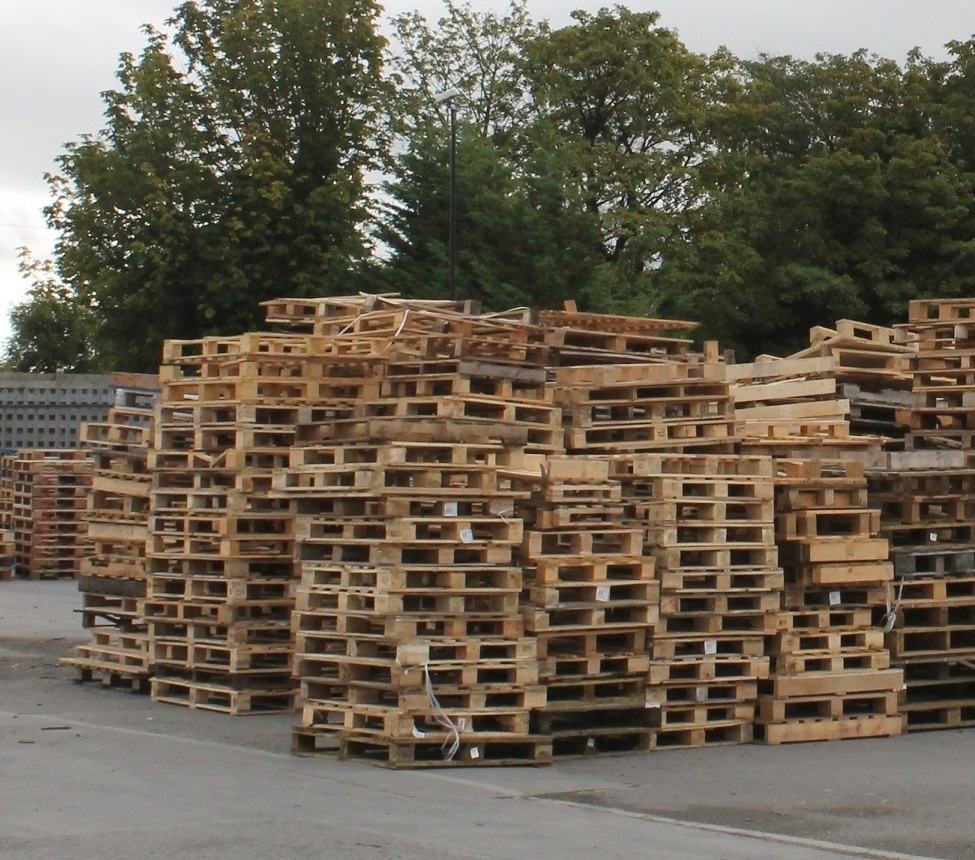
The vast majority of pallet collections will contain damaged or scrap pallets. Damaged pallets typically equate to 35% of the total number collected and scrap is on average 20% of the load. It is clear from these statistics that waste is included in regular pallet collections and as such the pallets need to be handled correctly according to legislation. Therefore the correct and approved licenses and permits should be held by any company wishing to handle and treat pallets.
Dependent on the volume of pallets handled, the company collecting waste pallets can apply for a waste license or an exemption permit, both issued by the Environment Agency. In addition to this, the company or the subcontracted haulier must have a valid waste carriers license to allow waste pallets to be picked up from their place of origin. Without such a license the pallets cannot be legally transported to the treatment facility.
Pallets often get secondary precedence. Businesses that generate used pallets tend to have more important priorities above and beyond pallet disposal. Waste pallet management can take up considerable time and resource however, as a producer of packaging waste it is up to the business to ensure that their used pallets are disposed of responsibly. This is also emphasised by waste producers being bound by legislation to apply the Waste Hierarchy as required by Regulation 12 of the Waste (England and Wales) Regulations 2011 and understand what has happened to their waste.
RPS understands the importance of responsible pallet management and as such holds the necessary permits to compliantly handle waste pallets. You can check online if your current pallet company is compliant by looking for them on the Environment Agency’s public register. If you’re unsure about your current pallet company and you would like some impartial advice regarding pallet collections then please feel free to contact one of our team on 01642 927765.
